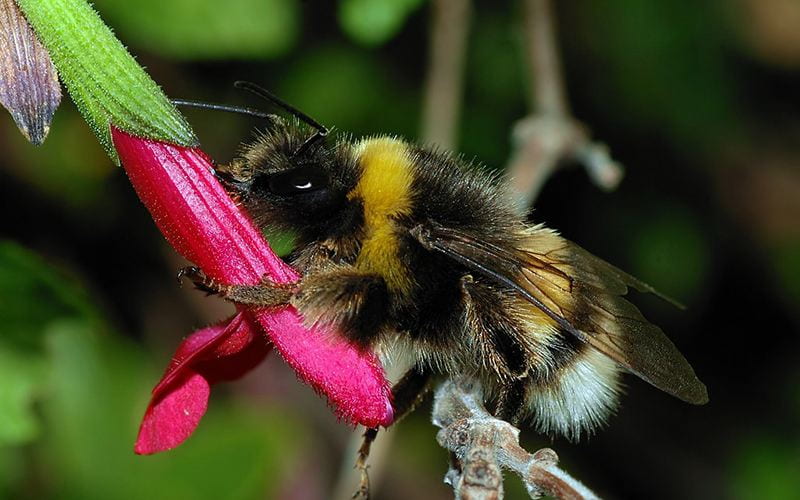Michael J Reiss
After three years of work and nine commissioned reports, the Royal Society has published its vision for science and mathematics education. It may not push Luis Suarez or Andy Coulson off the front pages but this is a most impressive document that deserves to have a major and long-lasting impact on UK science and mathematics education policy.
The committee that produced the report features a list of intellectual and society heavyweights – if you don’t have a knighthood, a dameship or a Nobel Prize or you aren’t a Fellow of the Royal Society, that may explain why you weren’t invited to sit on it. Behind these titles sits a huge amount of expertise and very considerable passion to improve education.
The Vision aims to raise the general level of mathematical and scientific knowledge and confidence in the population by focusing on changes to how science and mathematics are taught to 5- to 18-year-olds. Some of its recommendations are already taking place, at least to some extent – for instance, that teachers should be trained to engage fully with digital technologies – but others are more contentious.
For example, the report calls for a move away from the current A level system to a Baccalaureate. Such a move would benefit not only science and mathematics but other subjects too. However, I won’t hold my breath to see if it happens – and it will certainly require a change of government. People have been calling for A levels to be replaced by a system with less early specialism for longer than I can remember.
The report also calls for the establishment of new, independent, expert bodies to provide stability in curriculum and assessment and allow teachers space to innovate in their teaching. Following the bonfire of the quangos after the last General Election, the need for such bodies has become clearer than ever. But who is to pay for them? This is not a report overburdened by economic analysis (there isn’t any). Perhaps the Royal Society and other funders need to step in and establish something akin to the successful Nuffield Council on Bioethics, which manages to be independent yet shapes national policy and practice.
Science and mathematics education are in a fortunate position in the UK, compared to many other subjects. Industry clamours for more STEM (science, technology, engineering and mathematics) graduates and technicians and the UK is an acknowledged world leader in STEM research. A decade ago, work by David Sainsbury, Alan Wilson, John Holman, Celia Hoyles and others helped turn around a long-running decline in the numbers of 16-year-olds choosing A levels in mathematics and the physical sciences. Let’s hope this report takes those successes to the next level.

 Close
Close



